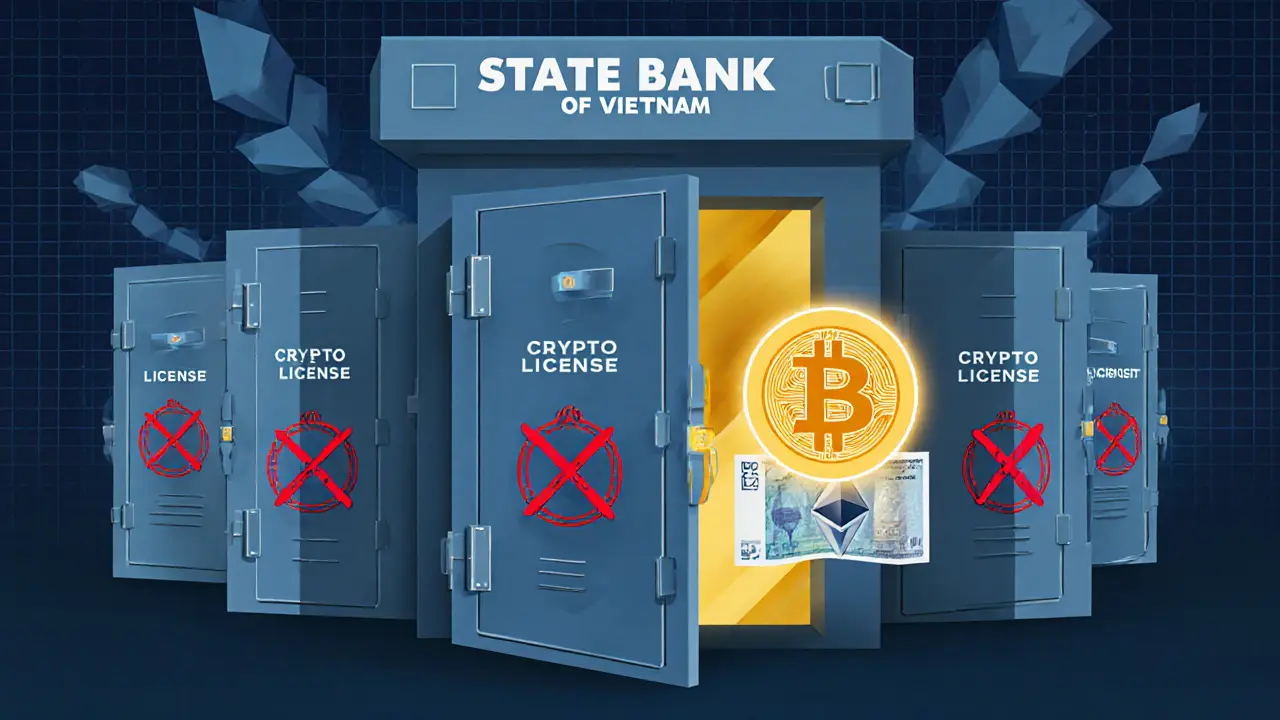Crypto Policy: What It Means, Who Enforces It, and How It Affects You
When we talk about crypto policy, the rules governments and institutions set to control cryptocurrency use, trading, and ownership. Also known as cryptocurrency regulation, it’s not just paperwork—it’s what decides if you can buy Bitcoin in your country, if your wallet gets frozen, or if you go to jail for using it. This isn’t theoretical. In China, owning crypto can mean asset seizures and prison. In Nigeria, it’s now legal and taxed under new SEC rules. In Switzerland, you pay a small annual wealth tax but no capital gains. Crypto policy doesn’t care if you think blockchain is the future—it cares about control, taxes, and crime prevention.
Behind every crypto policy are three big players: crypto enforcement, the actions taken by authorities to punish or stop illegal crypto activity, crypto taxation, how governments treat crypto as income, property, or wealth for tax purposes, and crypto bans, complete prohibitions on ownership or trading. These aren’t separate—they feed into each other. A ban in Afghanistan led to arrests. A tax rule in Switzerland lets you hold crypto without selling it. Enforcement in Nigeria forced exchanges to get licenses. You can’t understand one without the others.
Some policies protect users. Others trap them. In Indonesia, unregulated exchanges like Digiassetindo are shut down because they lack audits or reserves. In the U.S., fake airdrops like CDONK X CoinMarketCap are scams because they exploit the lack of clear policy. Meanwhile, places like Nigeria and Switzerland are building frameworks that let people trade safely. Crypto policy isn’t about stopping innovation—it’s about deciding who gets to play, under what rules, and what happens when you break them.
What you’ll find below isn’t a list of news headlines. It’s a map of real-world crypto policy in action: the bans, the arrests, the tax loopholes, the scams that thrive in gray zones, and the exchanges that survived because they followed the rules. You’ll see how the Taliban cracked down on traders, how Switzerland taxes your wallet balance, why Nigeria now requires SEC licenses, and how fake airdrops exploit policy gaps. These aren’t edge cases—they’re the new normal. Whether you’re holding a coin, trading on a DEX, or just trying to avoid getting scammed, crypto policy is the invisible hand shaping your moves. Know the rules—or pay the price.
State Bank of Vietnam Crypto Policy and Stance in 2025: What’s Legal and What’s Not
In 2025, Vietnam legalized crypto as virtual assets but imposed strict controls: only five licensed exchanges, no stablecoins, and trading only in Vietnamese dong. Despite high retail adoption, no firms have applied for licenses yet.
learn more